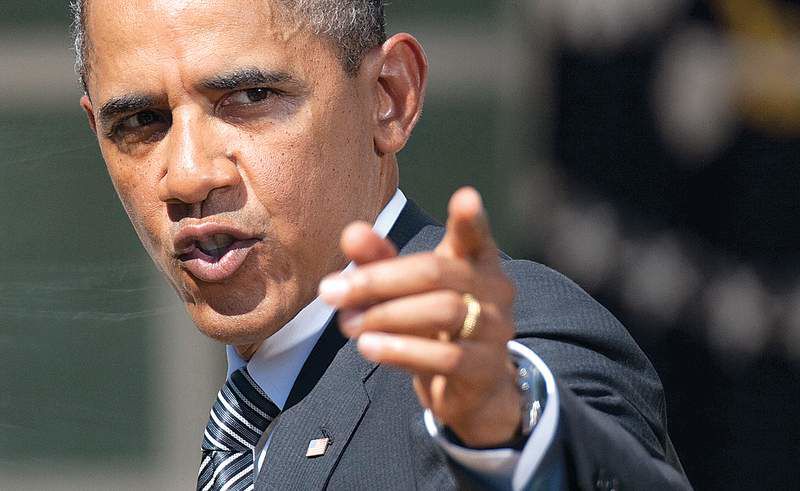Environmentalists stung by Obama
Published 5:00 am Sunday, September 4, 2011

- Obama announced Friday that his administration was backing off the Environmental Protection Agency's proposed regulations for stricter ozone pollution standards.
For environmental groups, it was the final hard slap that brought a long-troubled relationship to the brink.
In late August, the State Department gave a crucial go-ahead on a controversial pipeline to bring tar sands oil from Canada to the Gulf Coast. Then on Friday, leading into the holiday weekend, the Obama administration announced without warning that it was walking away from stricter ozone pollution standards that it had been promising for three years and instead sticking with Bush-era standards.
John Walke, clean air director of the Natural Resources Defense Council, an advocacy group based in New York, likened the ozone decision to a “bomb being dropped.”
Walke and representatives of other environmental groups saw the president’s actions as brazen political sellouts to business interests and the Republican Party, which regards environmental regulations as job killers and a brick wall to economic recovery.
The question for environmentalists became: What to do next?
“There is shock and chaos here,” Walke said, “so I do not know. I can’t answer that question.” But he added that his group would resume a smog lawsuit against the government that it had dropped because it had been lulled into believing that this administration would enact tougher regulations without being forced to do so by the courts.
Political analysts watching the Obama administration’s pullback from the environmental agenda this past month say that in the current climate there is little chance that environmentalists or their allies will ever side with the Republicans. After all, the Republican-led House of Representatives has been aggressively moving to curtail protections for endangered species and regulations for clean air and water, and most of the Republican presidential candidates have been intensely critical of any government effort to address climate change.
Still, they say, the president could face political repercussions in subtler but nevertheless corrosive ways: from losing volunteer enthusiasm to tying up his allies in fights with him instead of with his enemies.
“Energy from part of the base will now be directed at communicating with the White House and not with the public about the administration’s record,” said Daniel Weiss, director of climate strategy at the Center for American Progress, a liberal research group with close ties to the White House.
And Justin Ruben, executive director of MoveOn.org, a 5-million-member online progressive political organization that played a significant role in President Barack Obama’s election in 2008, said he was sure that his members would be deflated.
“How are our members in Ohio and Florida who pounded the pavement in 2008 going to make the case for why this election matters?” Ruben said. “Stuff like this is devastating to the hope and passion that fuels the volunteers that made the president’s 2008 campaign so unique and successful.”
Anthony Leiserowitz, director of the Yale Project on Climate Change Communication, who does extensive work on public perception and the environment, said the real threat to the president’s reputation stemming from the ozone decision went far beyond environmentalists.
“It could play into an emerging narrative in his own party that he is caving too quickly to Republican pressure,” Leiserowitz said. “It is a dangerous narrative in your own base because it cuts down on enthusiasm and it is a narrative that his opponents will pick up on.”






